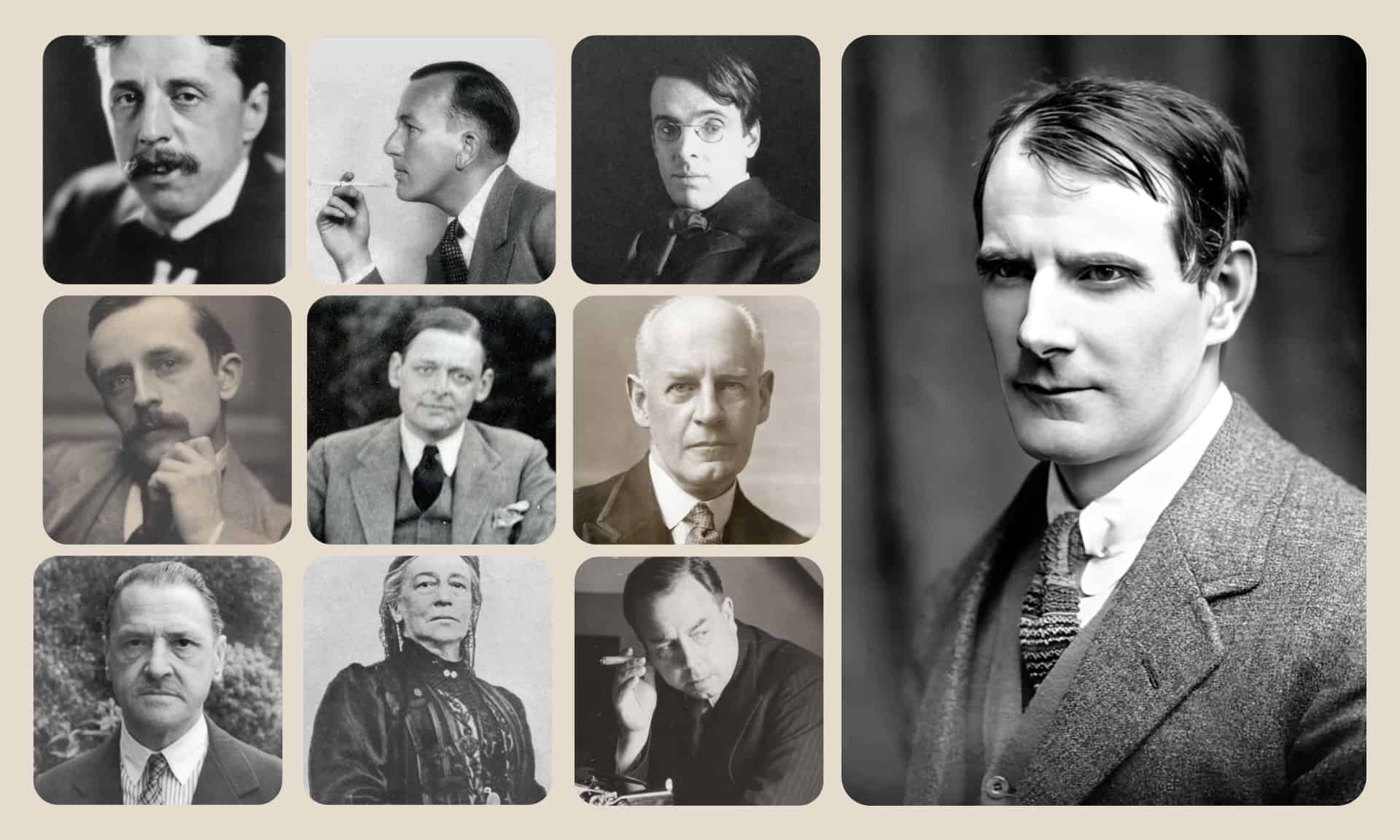The Great Pretender: Boris Johnson's Deceptive Finale to his Controversial Tenure

Behold the curious tale of Boris Johnson, a leader whose exit from the political limelight has been less of a dignified adieu and more of a truculent retreat. Clad in the armour of self-pity, Johnson seems to have recast himself as a tragic hero, wronged by an ‘ungrateful nation’. However, as the curtains close, the audience sees through the artifice, observing a man who, in the throes of responsibility, chose subterfuge over substance.
Evasiveness in Leadership
Indeed, Johnson’s saga brims with the essence of escapism, a story not of dragons slain, but of difficult truths avoided. One could argue that Johnson’s time as Prime Minister bore the mark of chronic evasiveness, whether it was the blithe handling of his own COVID-19 regulations, his doublespeak over Brexit, or his contentious prorogation of Parliament.
It would seem Johnson took a page, not from Churchill – the man he often positions himself as heir to – but from across the Atlantic, echoing the grand illusions of Donald Trump. His hasty departure from the Commons reeks of pre-emptive evasion, an attempt to dodge the gallows of a seemingly inevitable defeat. It stands in stark contrast to Churchill’s resignation post the Dardanelles debacle during WWI, where, confronted with a failed military operation, he chose accountability over evasion. Indeed, opting to step down from his lofty cabinet position, Churchill had elected to serve on the front lines, sharing in the war’s hardship rather than shrinking responsibility.
And so, we find at the heart of Johnson’s leadership a maddening penchant for evading accountability. His selective amnesia in facing the Commons and his disdain for the committee investigating his behaviour – all echoing the Owen Paterson scandal - paint a vivid image of a man so entangled in his web of falsehoods, that cries of “witch-hunt” and “kangaroo court” seem less like genuine feelings of injustice and more like the manifestations of a guilty conscience.
The trajectory of Johnson’s political odyssey is a remarkable anomaly in British history. It is a tale that unfurls from the zenith of a sweeping electoral victory in December 2019, to the nadir of a Prime Minister stained by the dishonour of a criminal conviction while still in office – a shocking first for the country.
Johnson’s Parting Gift
His decision to step down as an MP signals his declining cachet among his erstwhile Conservative comrades. This retreat comes across as a desperate manoeuvre to evade the mantle of a sullied legacy. His hasty departure does nothing to bolster the integrity of politics, rather, his parting honours list feels like a disdainful farewell, rewarding those who stood by his side and facilitated his dubious exploits.
Yet, amidst the wreckage, there flickers a beacon of hope. Johnson’s resignation may finally clip the wings of his destructive influence on British politics. Despite his waning influence, his spectre still haunts the scene, poised to disrupt agendas and foster a political atmosphere steeped in deceit. This is a man who, when confronted with his blatant disregard for truth and justice, opted for flight over facing the ruins of his self-created disaster.
A clarion call for reform reverberates through the halls of power. The methodology of assessing whether a minister has been duplicitous in parliament warrants an overhaul, as does the role and efficiency of the Privileges Committee. Further, the tradition of the honours list demands rigorous scrutiny. This may well be the legacy that Johnson leaves behind – a catalyst for long-overdue reform.
Johnson’s dénouement in the grand theatre of politics plays out like a questionable reshaping of traditional honours into mere tokens of favour. Figures like Priti Patel and Jacob Rees-Mogg find themselves showered with rewards, while their contributions to public service are mired in controversy.
The honours list, coupled with his fiery parting monologue, incites probing questions: were these honourees serving the public good or merely facilitating Johnson’s vaulting ambitions? A retrospective glance at his tenure suggests a disquieting chasm between these two goals.
Johnson’s legacy is enshrined in an honours list as crude as it is disheartening; an epitaph that is unequivocally Johnson-esque. The tradition of outgoing Prime Ministers gifting loyal acolytes with life tenures in the House of Lords rings hollow, particularly in an era when leaders are routinely unseated by voters or their party comrades. The system pleads for reform, and one can only hope Johnson’s departure could be the spark to ignite this.
The Aftermath
Whispers of a potential resurrection persist, likely stoked by the embers of his colossal ego. Yet, Johnson stands as a fallen titan, the embers of public support dwindling to ashes, a master of deception whose self-implosion stands as an indictment of his absence of moral courage and accountability.
Despite his contentious departure, his idiosyncratic rhetorical flair continues to command significant sums from corporations, crypto aficionados, and financial institutions. This suggests that a profitable circuit of speaking engagements could be on the horizon. Another possible avenue for Johnson might be resuming his career as a columnist. His tenure as a weekly columnist during David Cameron’s leadership proved instrumental in bolstering his image as a compelling alternative, conveniently avoiding the messy intricacies of governance or parliamentary representation. Now, he’s likely to be sought after by right-leaning newspapers that have been his long-term supporters. By wielding the power of his pen, he could continue to challenge his adversaries like Rishi Sunak, all the while garnering press allies and maintaining his relevance amongst his supporters, the insane.




